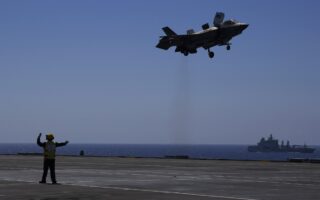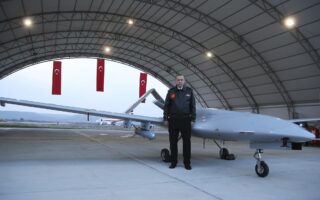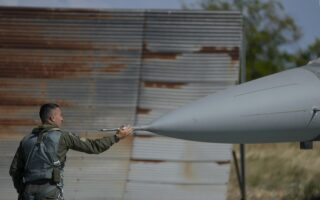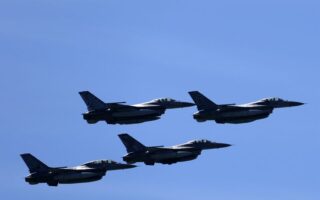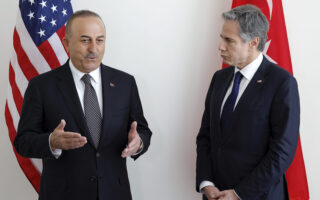Stakes and rewards
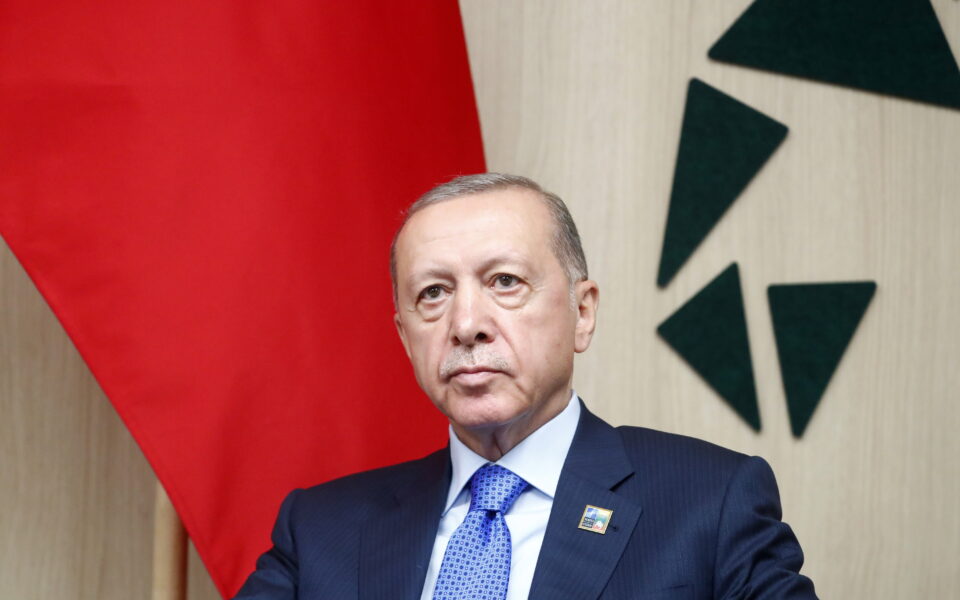
Turkish President Recep Tayyip Erdogn is trying to get as many rewards as possible for agreeing to back Sweden’s NATO accession. However, his demand that the European Union open membership talks for his country was a step too far. Everyone from US President Joe Biden to European officials rushed to emphasize the obvious fact, namely that there is no link between the two matters. As one foreign commentator put it, whereas Sweden fulfills the conditions for NATO membership, Turkey simply does not meet the conditions for EU membership.
And yet, Erdogan succeeded in earning a commitment from Sweden that the Nordic country will actively support efforts to reinvigorate Turkey’s accession process, including modernization of the EU-Turkey Customs Union and visa liberalization. The reasons behind Erdogan’s interest in these two issues were, of course, economic, as the Turkish economy desperately needs foreign capital. Charles Michel, president of the European Council, once again pledged to “re-energize ties” between the two sides. But this is hardly binding for the future of the relationship.
It remains to be seen whether Erdogan will eventually earn some concessions from Biden. It is an open secret that Erdogan had bargained in return for Ankara’s reversal on Sweden’s NATO bid the transfer of F-16 upgrade kits and the sale of 40 new F-16 fighter jets to Turkey (this is regardless of the fact that after the phone call between the two leaders, the Turkish strongman said that there is no link between the two issues).
Analysts are now focusing on the F-16s. Daniel Fried, a veteran US diplomat, said that if there was a deal with the US, we will know it in the coming weeks. He added that if it will be a good deal, it will depend on the details. But in the United States, Sweden and in Vilnius, the agreement is already considered a successful geopolitical trade-off which empowers NATO and, at the same time, deals a strategic blow to Russian President Vladimir Putin.
Furthermore, Biden has increased the stakes for Turkey by also putting Greece into the frame. As the US president said, Washington was seeking a deal that would bolster NATO allies Turkey and Greece and, at the same time, incorporate Sweden into the transatlantic security alliance. Sure, Greece is not happy to see its armaments program being, once again, tied to that of Turkey, even if the context is this time different than in the past – also note that Greece is expecting approval for the F-35 fighter planes at a time when Turkey is struggling to upgrade and purchase its fleet of older-generation F-16s. And what could Biden be referring to when he says that “Mitsotakis in Greece is also looking for some help,” if not security guarantees that the Turkish F-16s will not be utilized at the expense of Greece’s security?
Katerina Sokou is non-resident senior fellow at the Atlantic Council. She is also a research fellow at The Hellenic Foundation for European and Foreign Policy (ELIAMEP), who has been awarded the Research Fellowship on Greek-American Relations, in memory of Theodore Couloumbis.
